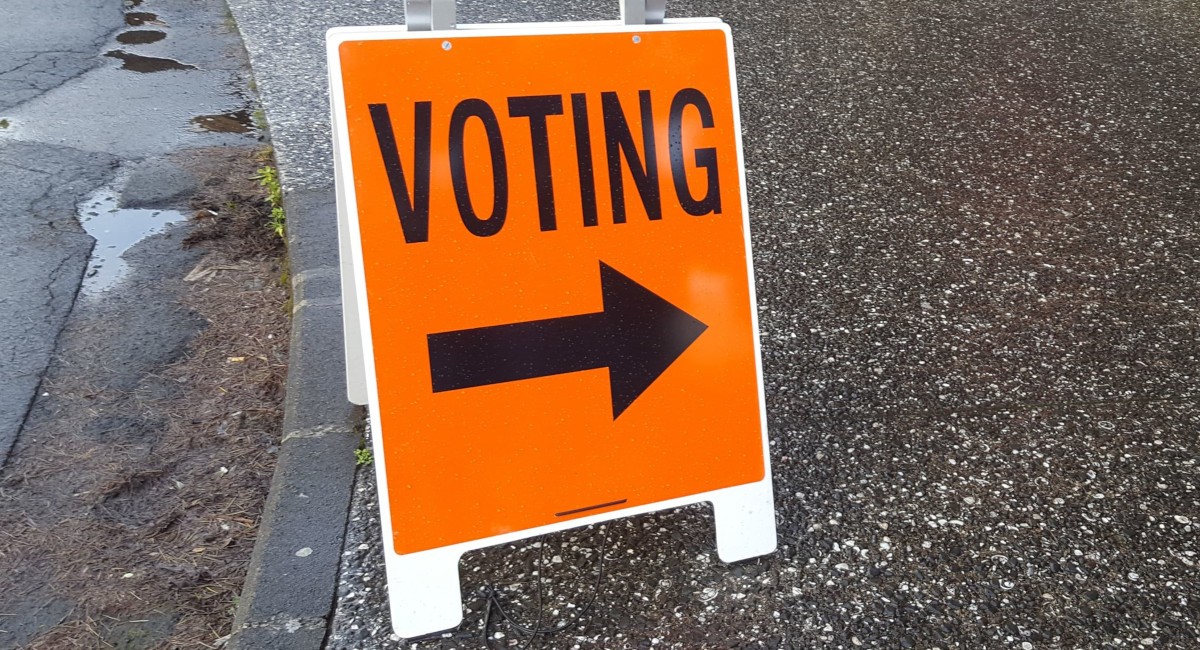Bob McCroskie made a video titled "United they stand, divided they…" calling for "conservative-leaning" parties to work together along an Alliance-style setup. We've talked about this and it hasn't worked. There are some big problems with his idea that I will address here. (Not impartially of course, so be warned.)
First, we look at the minor parties he lists:
- Democracy NZ (Matt King)
- Freedoms NZ (Brain Tamaki)
- Leighton Baker (Leighton Baker)
- New Conservatives (Helen Houghton)
- NewZeal (Alfred Ngaro)
- NZLoyal (Liz Gunn)
- Women's Rights
There are some immediate problems here. The first is that "conservative-leaning" to Bob seems to mean "opposed to transgenderism for kids." This is a pretty niche issue to select for common ground. Democracy NZ is a liberal party. Freedoms NZ has component parties that are very liberal. The Women's Right Party is also a liberal party. Four of the above parties were formed out of the "freedom movement" in the last year—that's a whole other problem to solve first. New ones keep popping up every 6 weeks at the current rate.
Bob calls for a right-wing "Alliance Party", which originally consisted of NewLabour, Social Credit, Greens, and a Maori Party. It's important to note that it was formed under FFP when you needed to win a plurality of votes in an electorate. The Alliance could assign one of its members to run there uncontested—it was truly cooperative to try and break the major parties' hold on an electorate-by-electorate basis. MMP gave them a big boost, but ultimately led to the demise of the Alliance because factions started to wonder if they could go it alone, weighing up if their value was above 5% or if they could coat-tail one of their electorates in. This is perhaps why no one has been able to replicate it since. The different parties also had different but complementary goals: one with an economic focus, one with a social focus, one with an environment focus, and one with a racial focus.
We don't have that setup. Many of the pop up parties are copy-pasting policy from other parties, sustained by a cult of personality, and just change their area of focus. If one wants "direct democracy" another wants "constitutionalism" and another wants "Nuremberg 2.0" as their points of distinction then you tell me where the synergy is going to come from?
I'm open to someone taking a kill-shot at the New Conservatives, but you're going to have to come out all guns blazing. When Alfred Ngaro declines to work with us, rebrands a shell party 12 weeks before an election, talks about "centrism", how his "Christian party is for everyone", that it doesn't have a political theology, and he dodges questions on social issues, then I have to take that as a joke. I'd give him the same advice as I did to Simon O'Connor a few weeks ago: if you're going to be that unserious just pack up and go home.
Bob's right that Winston Peters is sucking all the air out of the room—and his experience as a politician and ability to promise everything to everyone is key to that. That's not going to be the case forever. People can invest in an alternative now.
As New Conservatives we've negotiated with most of the popup parties and had every single one walk away without commiting to cooperation. We've only ruled out Freedoms NZ and NZLoyal entirely, because dealing with them would break our own party into a million pieces with our members and volunteers wondering if we'd gone insane. Personally, I don't think a "conservative project" is worth it if you're bringing liberals along for the ride—and it seems the liberal popups share the inverse of my concerns. Why repeat the mistakes that got us here?
Bob also repeats one of the MMP myths that won't die when he claims that "wasted votes" are proportioned to other parties, which is not true. These votes are discarded in the same way that non-votes don't affect the final make-up of seats. The seats are proportioned based on the votes that parties above the threshold get. It would be a criminal offence for someone in the Electoral Commission to redistribute votes to affect proportionality.
Votes that parties below the threshold get are very important in terms of how the media treat them, how much the Electoral Commission allocates in funding at the next election, and informs parties about the size of their base. These votes are very useful in many ways—they are only wasted in that they do not affect the proportionality of seats in parliament.
Bob doesn't want to use his influence to tell people to pack up and go home. Fair enough. Instead he stands on the sidelines with a pointy stick asking a bunch of egotists "why won't you work together?" That doesn't seem very helpful. There are no magical saviours coming.
They wouldn't have started their own parties a year before an election if they were interested in working out a deal. Our discussions with them have confirmed it.
The problem with Bob's comments is that he creates a self-fulfilling prophetic doom-spiral in which people do much worse than "waste their votes" when they could invest them in a long-term project. Instead they're encouraged to burn votes to keep liberals and charlatans in power. You end up complaining about "wasted votes" cycle after cycle wondering why nothing ever gets better, and encourage short-term planning from wannabe politicians who commit to all-or-nothing madness.
He'd be better off telling people to do something constructive in the long-run with their time and party votes.
